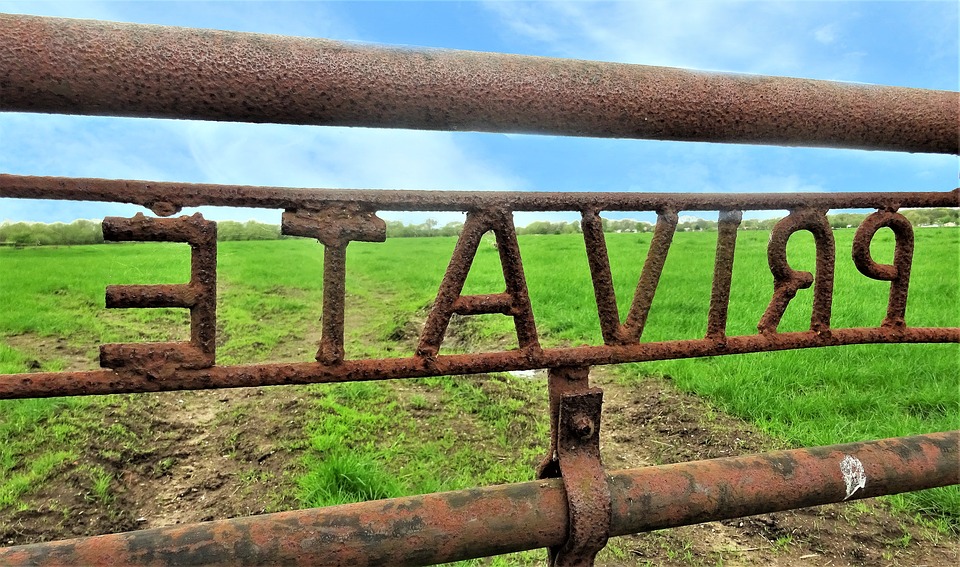Many years ago, in the land of D&D 2nd Ed., our friends were playing a home brewed Planescape campaign. At some point in the game they split the party (yeah, I know, I wrote a whole blog about that too) and part of the party ended up finding a demon (possibly a glabrezu, memories are fuzzy) who was not immediately aware of them. The players epically succeeded in their roll to identify the creature and rather than reading the entry to the players, the GM gave them the monster entry to read. The players quickly announced that they were going to attack the demon, which surprised the GM. Curious, one of the other players, who was new to the game, in the other group picked up the entry, read it, and then asked “What’s a vorpal sword?” The GM proceeded to roll a natural 20 and both characters perished in a very brief combat.
Which brings us to the topic of this blog – don’t make assumptions.
There were a lot of assumptions made in the above encounter on both sides of the screen, but they can be boiled down to neither side really ensured that they were prepared for the encounter. As a GM, it is your responsibility to make sure the players understand what it is they are seeing, hearing, smelling, feeling, whatever. The GM sets the scene and should have recapped the area before initiating combat. Advice to my GMs – always ask your players if they have any questions, and especially when you’re providing information for knowledge checks, ensure you and your players are on the same footing. Don’t skimp on stage craft and descriptions.
It is worth noting though, the players were provided with every opportunity to carefully review what it was that they were about to face. They clearly didn’t do that and missed the enormous one shot kill sword the demon was carrying. They could have backed out of the encounter, and probably would have had they fully read the entry, which clearly called out the demon’s weapon of choice. The knowledge that players have is not the same knowledge that characters have, always clarify with “I, as a player, know this, is this something my character would also know?” or even more importantly, “What is a vorpal sword? Is that information I would have in this situation?” Who knows how many vorpal swords are out there, and it is unlikely any two look alike, would you be able to identify one on sight? It is unlikely that they would have been able to figure that out on just the weapon’s appearance, there is no guidance in the D&D editions that call out that a vorpal weapon has any identifying characteristic, until, of course someone rolls a Nat 20 and confirms the crit and someone loses a head. Then you know it’s a party.
Not making assumptions is something that carries across the gaming arena to every aspect of your life. We do not all have the same experiences or access to information, whether it’s on a gaming, personal, social, or professional level. If you hold someone accountable for knowing information without verifying that they actually have that information, you are making the classic “assumption” mistake, which makes an “ass out of u and me”. It’s no secret that almost every blog I write about is about clear and open lines of communications, this blog isn’t any different. If you think someone should know something, ensure that they are provided with that information before you hold their lack of understanding, behaviors, or actions against them.






